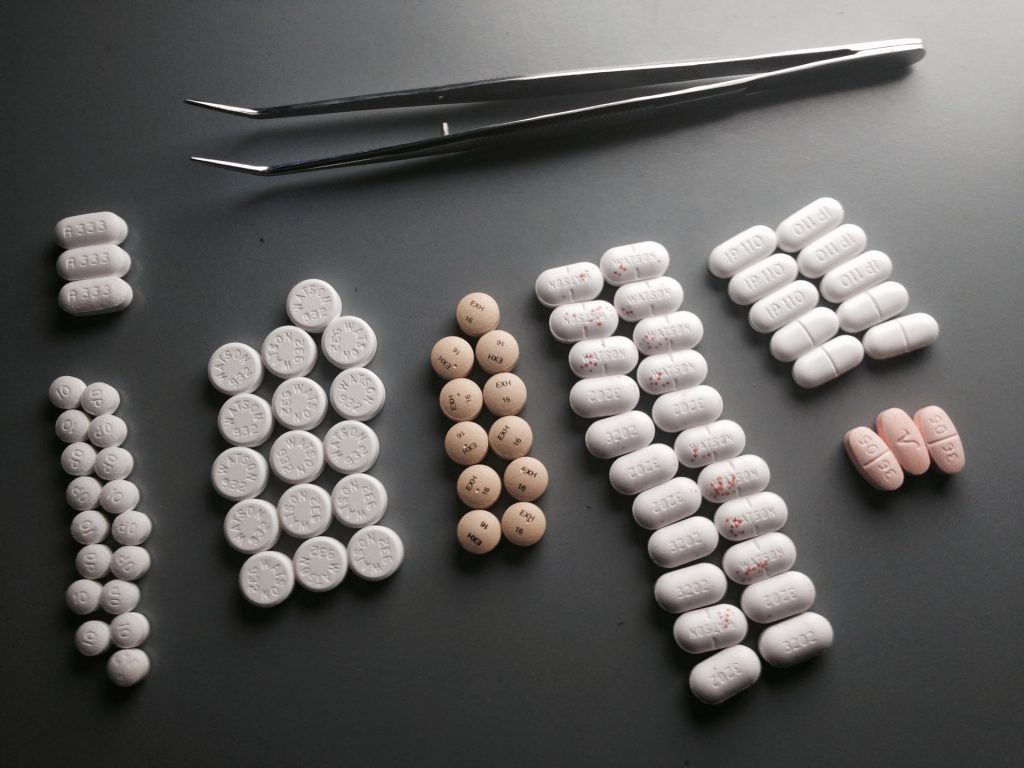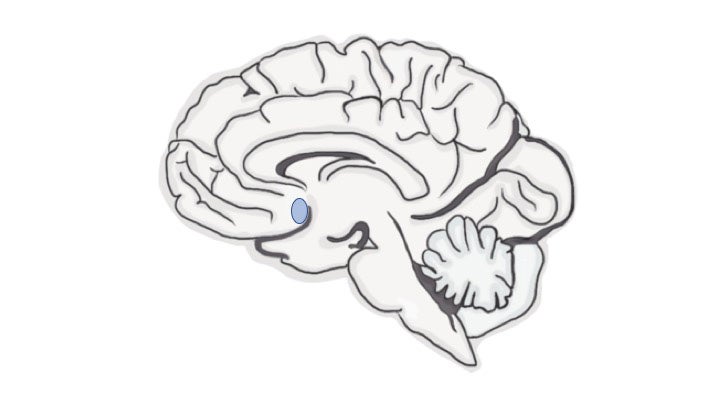Long Hours Worsen Depression Risk in New Doctors

As work hours increase, new doctors are at greater risk of depression, according to a study in the New England Journal of Medicine. Working 90 or more hours a week was associated with changes in depression symptom scores three times larger than the change in depression symptoms among those working 40 to 45 hours a week.
Additionally, compared to those working normal hours, those working more hours had greater odds of scores equating to moderate to severe depression.
By means of advanced statistical methods, the researchers emulated a randomised clinical trial using data on more than 17 000 first-year medical residents, accounting for many other factors in the doctors’ personal and professional lives. Less than 5% met the criteria for moderate to severe depression.
They found a “dose response” effect between hours worked and depression symptoms, with an average symptom increase of 1.8 points on a standard scale for those working 40 to 45 hours, ranging up to 5.2 points for those working more than 90 hours. They conclude that, among all the stressors affecting physicians, working a large number of hours is a major contributor to depression.
The data come from the Intern Health Study, based at the Michigan Neuroscience Institute and the Eisenberg Family Depression Center. Each year, the study recruits new medical school graduates to take part in a year of tracking of their depressive symptoms, work hours, sleep and more while they complete the first year of residency, also called the intern year.
The impact of high numbers of work hours
Though the interns in the study reported a wide range of previous-week work hours, the most common work hour levels were between 65 to 80 hours per week.
The authors say their findings point to a clear need to further reduce the number of hours residents work each week on average.
“This analysis suggests strongly that reducing the average number of work hours would make a difference in the degree to which interns’ depressive symptoms increase over time, and reduce the number who develop diagnosable depression,” said Amy Bohnert, PhD, the study’s senior author and a professor at the U-M Medical School. “The key thing is to have people work fewer hours; you can more effectively deal with the stresses or frustrations of your job when you have more time to recover.”
Yu Fang, MSE, the study’s lead author and a research specialist at the Michigan Neuroscience Institute, notes that the number of hours is important, but so are the training opportunities that come from time spent in hospitals and clinics. “It is important to use the time spent at work for supervised learning opportunities, and not low-value clinical service tasks,” she says.









